Charles Michel, President of the European Union (EU) Council, said that the leaders had different views on energy and that no consensus could be reached at the EU Leaders' Summit.
Michel made statements to the press at the end of the summit held in Brussels.
Stating that there were long discussions about the increase in energy prices at the summit, Michel said that this is a serious and important issue, and that it directly affects the purchasing power of citizens and the competitiveness of businesses in Europe.
Reminding that they requested the EU Commission to carry out various studies in the field of energy at the previous summit, Michel said that they evaluated the first results of these studies at the meeting.
Pointing out that the leaders could not reach a consensus in the discussions on energy, Michel said, "We realized that there were different opinions on the table. Therefore, we could not reach an agreement on the summit outcome statement in the field of energy." he said.
When asked about the energy debate, Michel said:
“To be clear, two issues in energy were extremely difficult between the leaders. The first issue was the electricity markets and especially the operation of the emissions trading system. Some leaders have doubts that there is speculation in the emissions trading system.
Another issue is the classification of energy investments. Investment classification falls under the responsibility of the Commission, not the Council of the EU. There are different opinions on the table on the classification of energy investments. We saw that it was not possible to reach an agreement tonight."
Michel added that the leaders will revisit the energy issue at the next summit.
Although the energy topic was discussed twice in different sessions during the 14-hour summit, no consensus could be reached.
Groupings on energy
A group of countries led by Poland complain of high carbon prices and demand changes to the EU's emissions trading system.
These countries want carbon price speculation to end and prices to be lowered.
A group of countries led by Germany is of the opinion that there is no concrete evidence regarding the allegations in question. These countries oppose changing the carbon price system.
Another discussion in the energy field is about the classification of investments in line with climate targets.
The EU Commission, which is authorized on this issue, has not yet decided whether to include natural gas and nuclear energy in the category of green investments.
The commission is expected to release its final list of green investments in a few days.
Energy investments, which are included in the green classification of the EU, provide easier access to finance.
About 10 countries, led by France, want nuclear energy to be included in the green investment classification framework, stating that it is an effective, safe and competitive resource in the fight against climate change.
In addition, a group of countries is demanding that natural gas be temporarily accepted as sustainable in the EU investment classification rules.
Recently, the price increase in energy products such as natural gas and electricity in Europe draws attention.


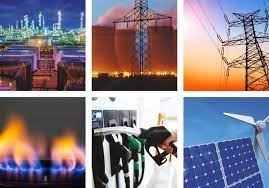
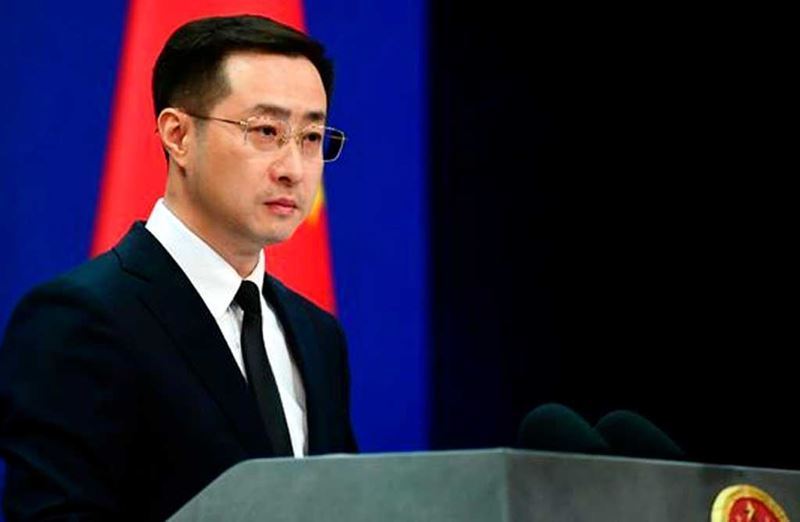
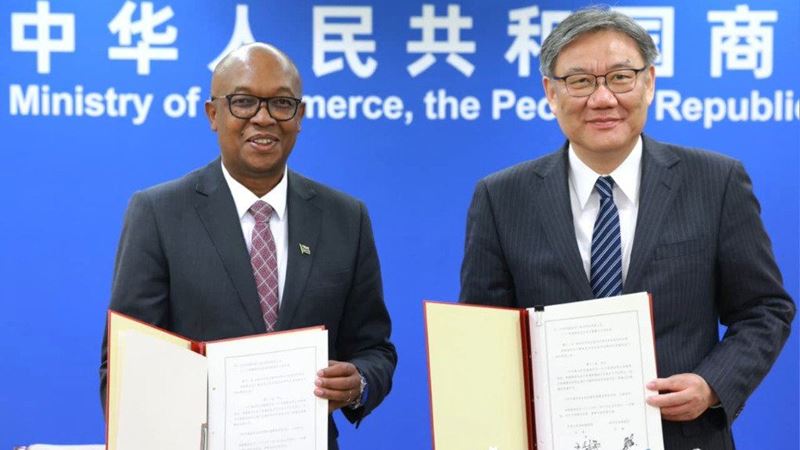
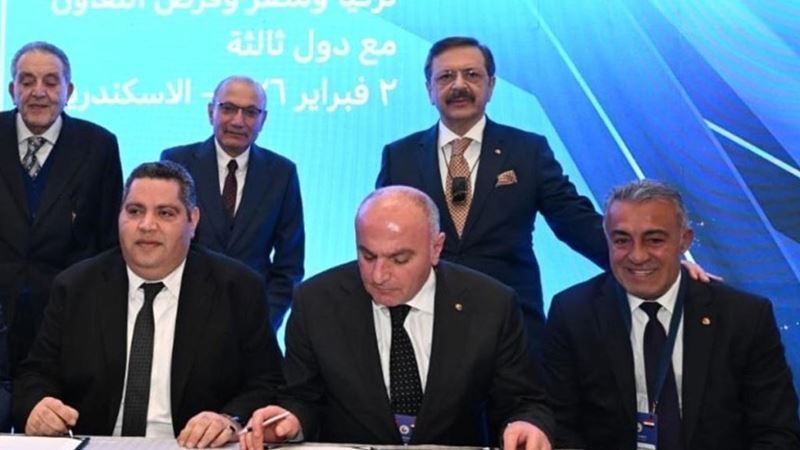

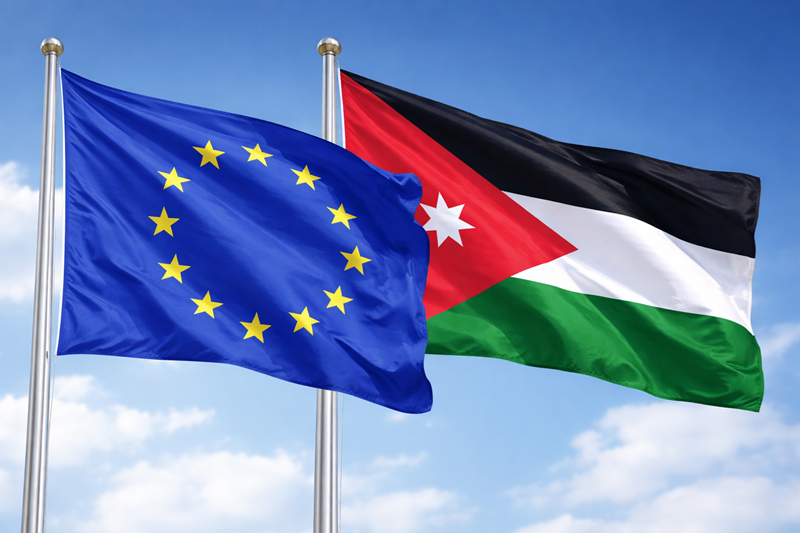


Comments
No comment yet.